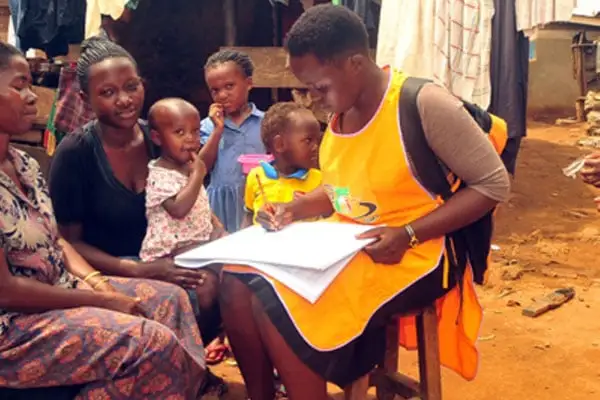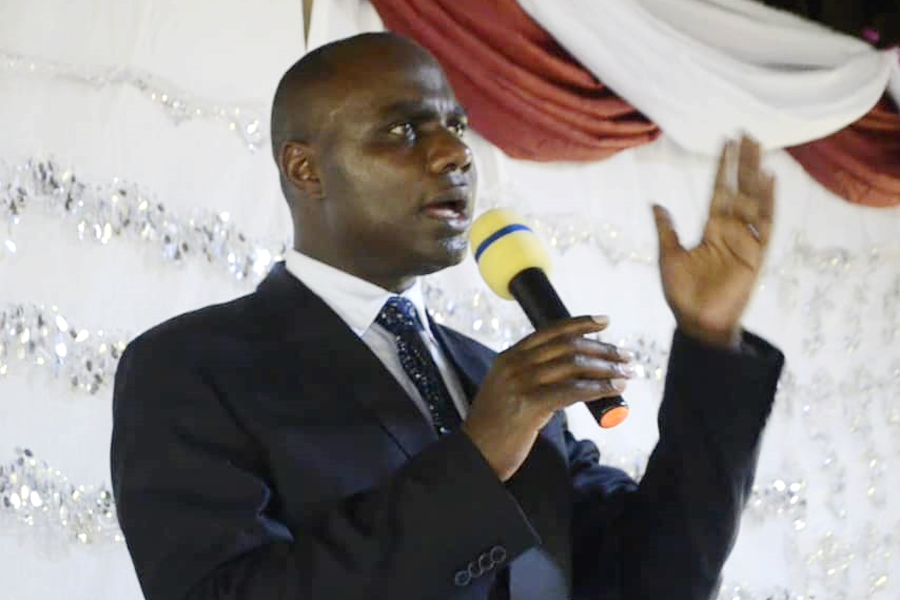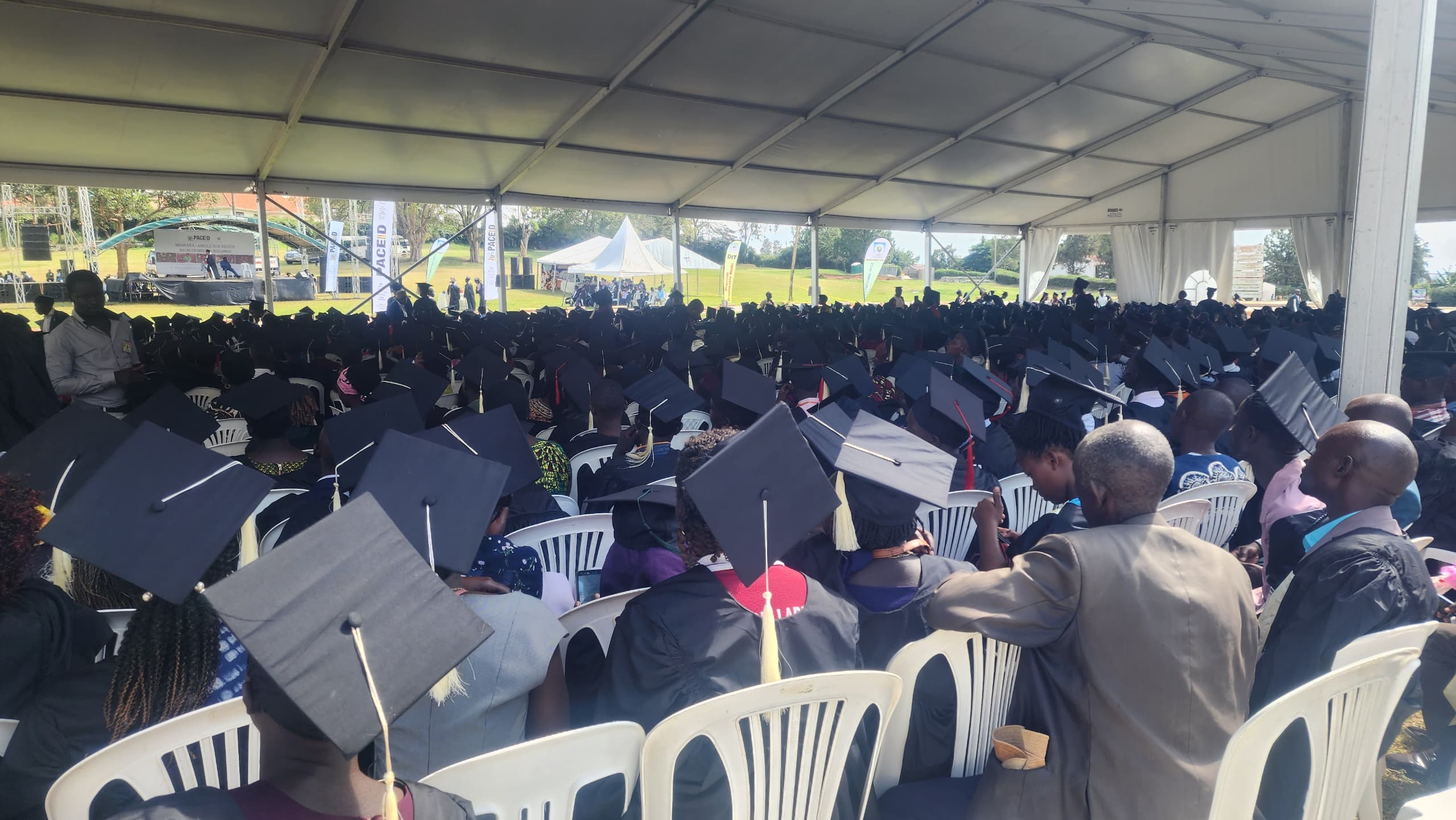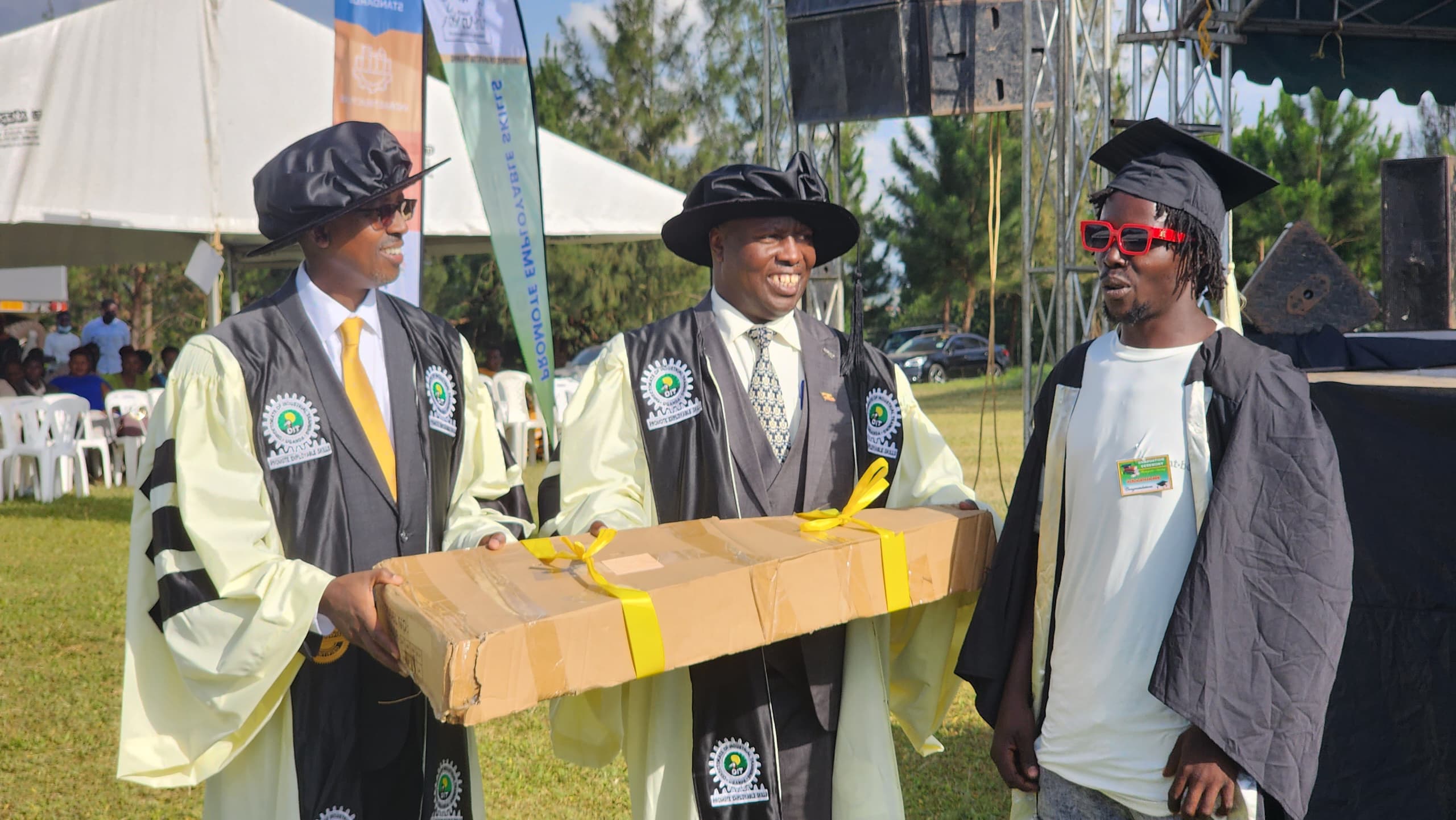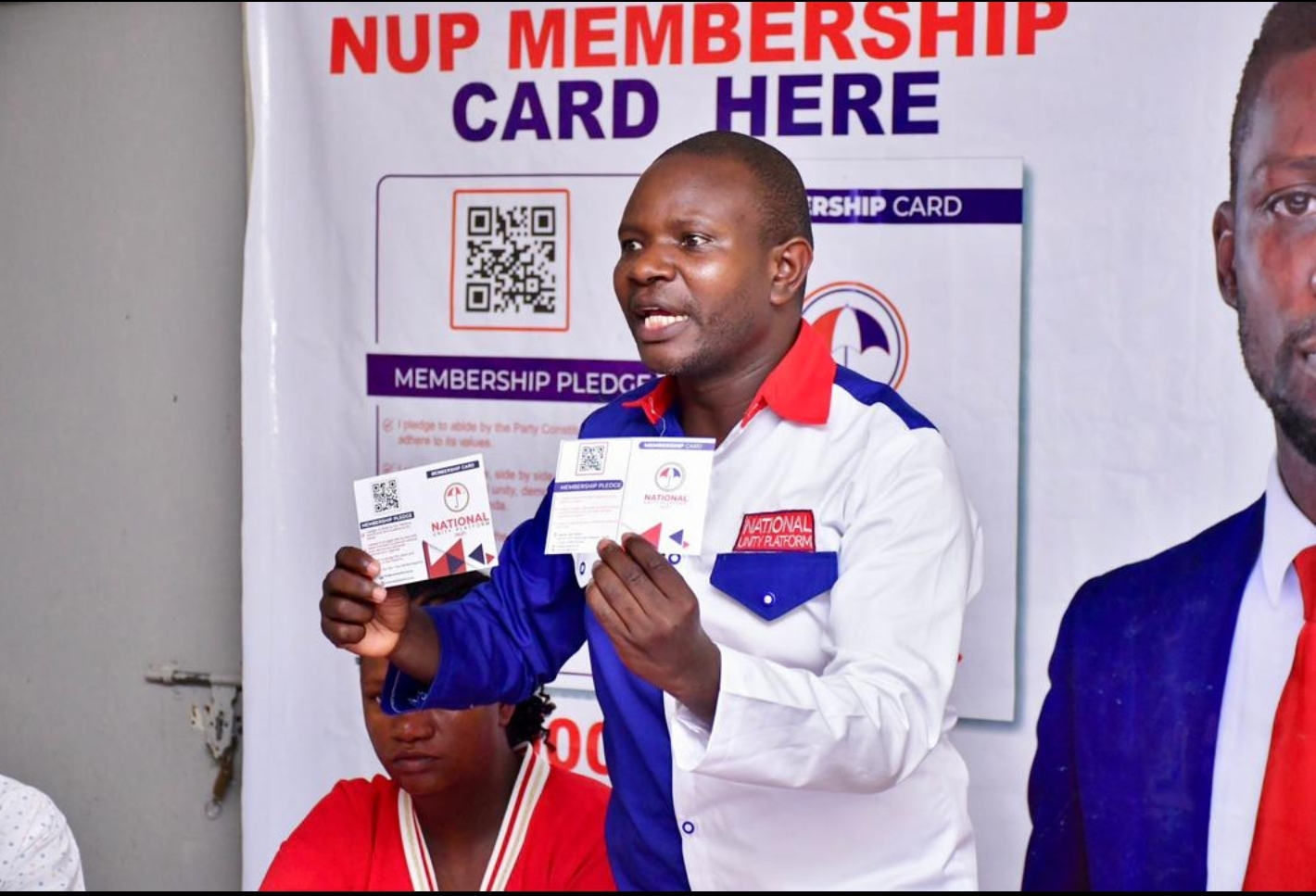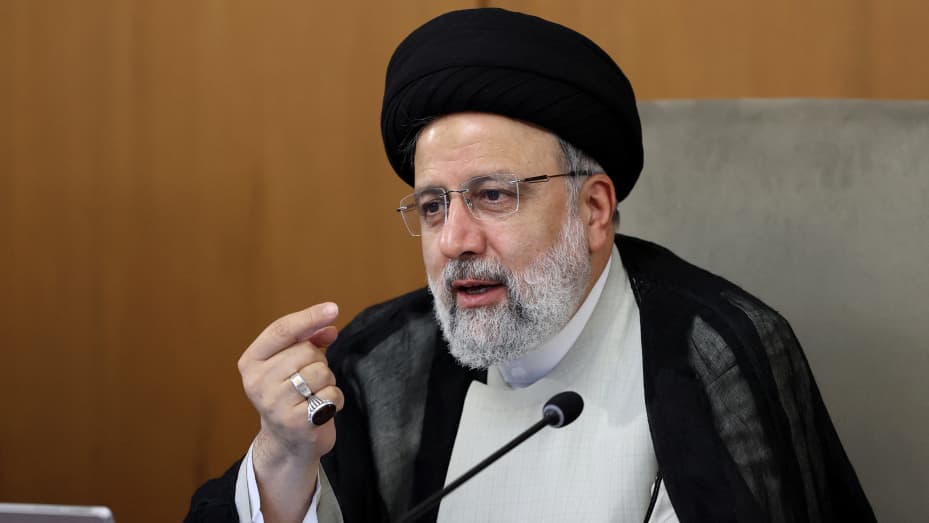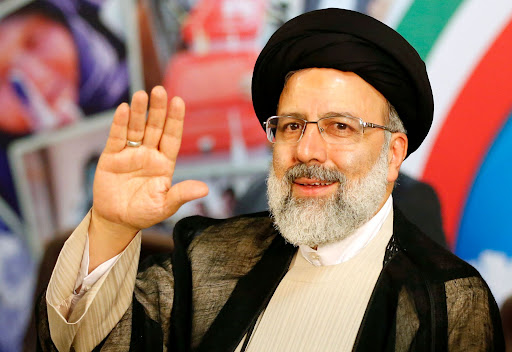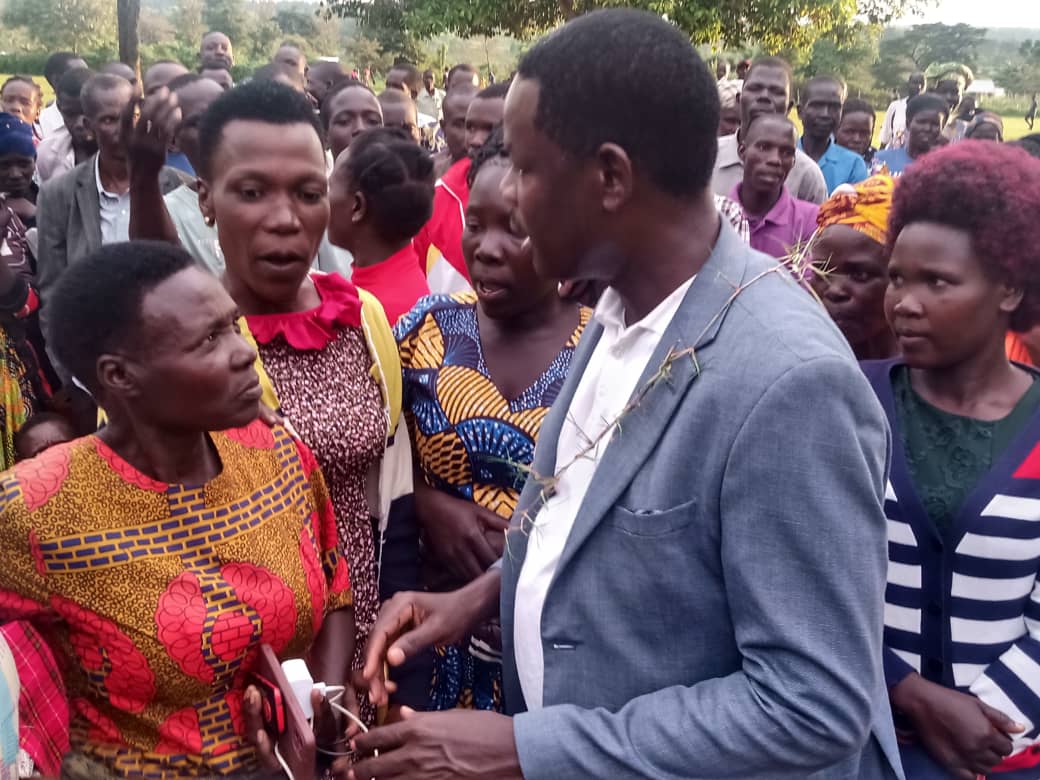MPs reject proposal to tax surrogacy mothers
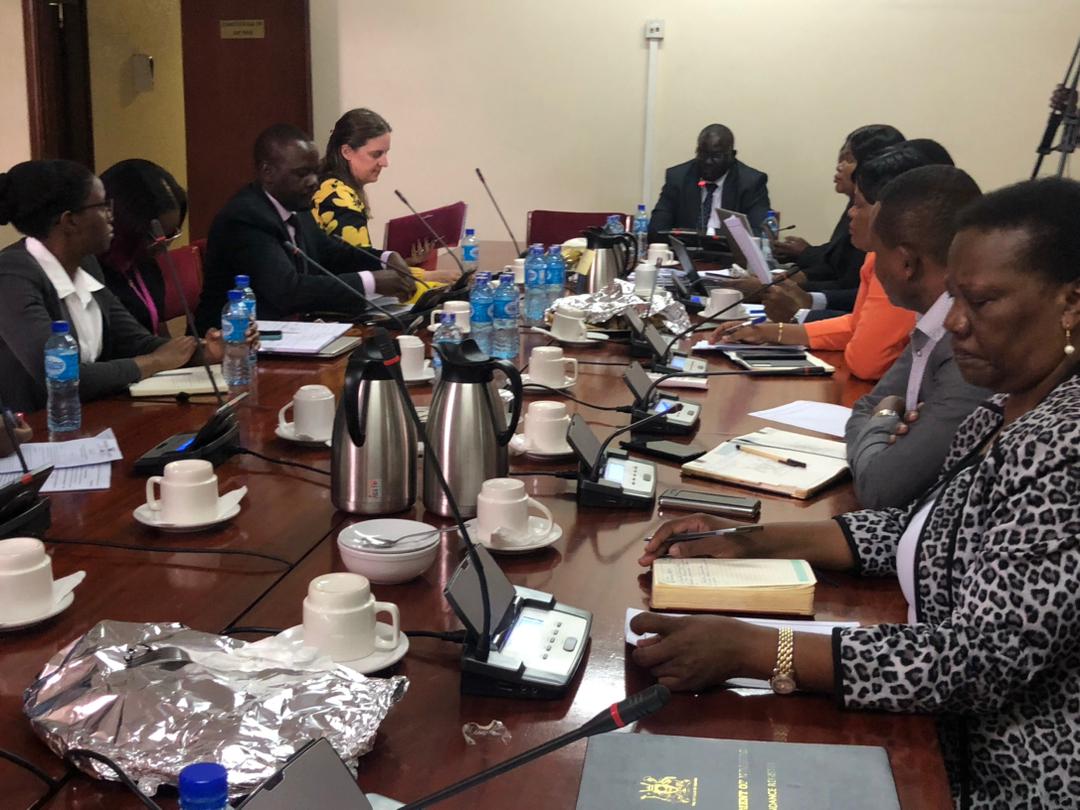
Legislators on the Health Committee of Parliament have rejected a proposal to impose 6 percent withdrawing tax on surrogacy mothers.
An alien concept in Uganda until recently, the concept of surrogacy mothers has been taking shape in the country amid growing womenfolk working class as well as due to medical conditions.
Surrogacy is a method of assisted reproduction whereby a woman agrees to bear a child for another person who will become the child's parent after birth.
But the taxman, out to squeeze almost anything in sight, appears to have seen a ripe fruit to squeeze in surrogacy, leading to a proposal to regulate the health practice through an account holder.
But legislators said taxing childbearing would backfire on the social setup.
"There's a disagreement because the intention is not to commercialise the surrogacy," said Daniel Opio, Kole North MP.
"When we start having withholding tax of 6 percent, then it means that a person is offering a professional service of a consultancy nature, which is not acceptable because that will cause stateless children in the country as it was in India," Opio said.
Appearing before the Health committee, Ms Lisa Stark Hughes, the chief executive officer and founder of GestationalSurrogate Moms Corp (GSMoms), disclosed that global surrogacy market size stands at $13.27 billion and is expected to grow by $61.45 billion by 2030.
A surrogate herself, Ms Hughes told the committee that surrogacy agencies will create employment for social workers, nurses, coordinators and surrogacy mothers.
Lisa told the committee that a certain percentage has been formalized with URA.
"When I met URA, They actually set up a special tax rate for surrogacy and named Escrow Account holder as withdrawing agent," she said.
"So how it works, the intended parents hold the funds into Escrow company, they withhold the taxes and only give her the portion she's due to pay the taxes on her behalf."
The legislators also pushed for the idea of introduction of attorneys to fight for the plight of innocent surrogacy mothers who have been duped by health facilities offering these services.
"A few years ago, a woman named Padma became a surrogate in India. She left her children with family and moved to the hospital for the duration of the surrogacy process but she was not allowed to see her family or leave the hospital until after delivery," Ms Hughes said.
At the committee, officials from Makerere University School of Law and Association of Female Lawyers said a draft law on surrogacy mothers was long overdue, arguing it will help to protect the health and well-being of those seeking Human Assisted Reproductive Technology (Hart) services.
"It has come within a time when the demand for Human Assisted Reproductive Technology Bill worldwide and in Uganda in particular is reaching it's peak which has mandated the setup of a regulatory framework to govern Hart and any services related to it," Musa Jamada Kalinda, from Makerere School of Law, said.



